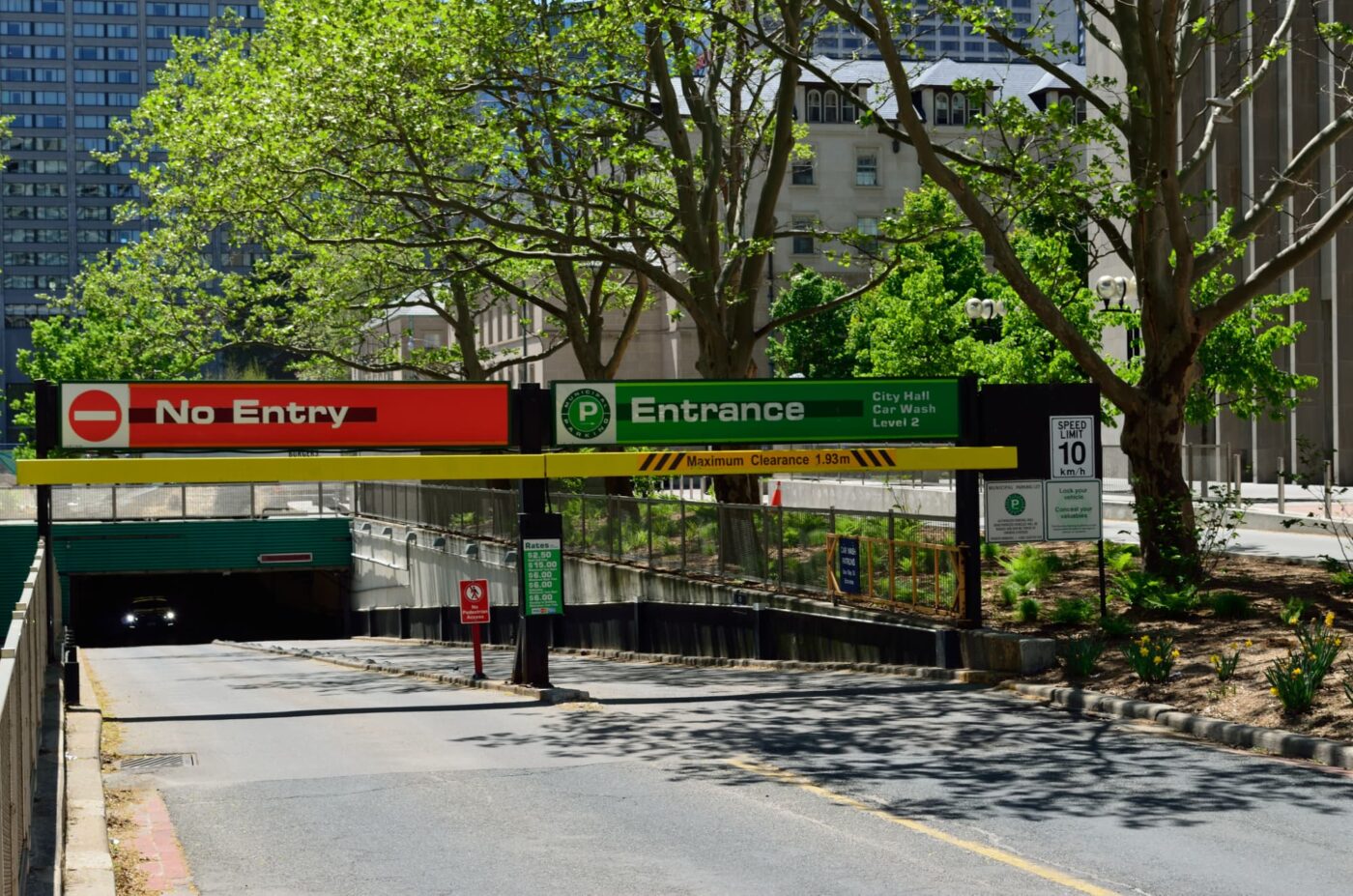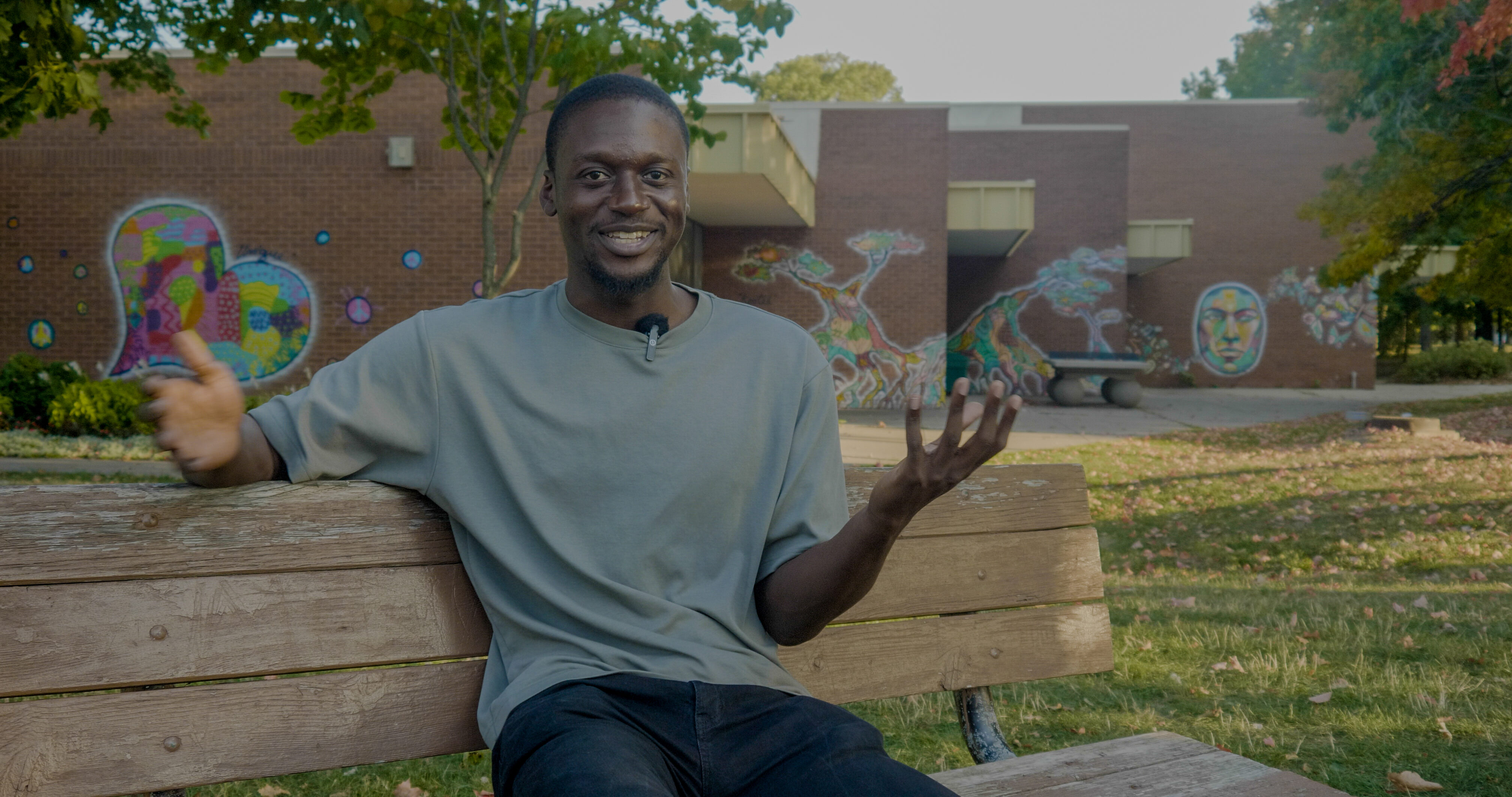THE GREEN LINE
DOCUMENTERS NOTES
Should Toronto build affordable housing on under-used parking lots?
City councillors discussed a plan to build affordable housing on 21 of the least used parking lots in the city. One community in Etobicoke showed up in numbers to strongly object.

A Green P parking lot operated by the Toronto Parking Authority.


Morgan Miya
Curious luddite who firmly believes that community is everything and works towards keeping her neighbourhood of Little Jamaica healthy. Loves to travel the world within Tkaronto.
June 20, 2025
These city meeting notes are part of Documenters Canada. Learn more about our program here.
Residents in New Toronto, a neighbourhood in south Etobicoke, aren't giving up their parking lots without a fight.
They made that abundantly clear on June 17, when Toronto’s Executive Committee met at City Hall to discuss converting under-used city property to build more “affordable housing, complete communities and financial stability.”
In March 2024, City Council voted to direct staff to explore how city-owned property could support these goals. The types of properties included:
- Off-street city-owned parking lots,
- TTC stations,
- city-owned land adjacent to provincial transit sites,
- parks and recreation facilities.
CreateTO, which evaluates city-owned property for Toronto’s different needs, identified parking lots with the lowest usage and financial performance based on confidential information from the Toronto Parking Authority (TPA).
Twenty one lots were identified as generating a net financial loss and having a below-target usage rate at the same time.
The report said potential benefits of repurposing 10 of those lots include:
- More than $100 million in land value,
- new community infrastructure and parkland potential in high-priority areas identified by Parks and Recreation,
- new opportunities to support the urgent need for affordable housing, supportive housing and new rental supply,
- up to approximately $2 million in annual parking operation and capital costs savings,
- opportunities to support Toronto’s long-term financial plan and HousingTO's 2020-2030 Action Plan.
While no decisions about specific locations were discussed, many deputants from the neighbourhood of New Toronto in Etobicoke objected to parking lots being converted to supportive housing in the area.
Resident Eleni Makrikostas read a letter from the Lakeshore Village Business Improvement Area that said losing two more Green P parking lots would be " devastating” to local business.
Deputants also said New Toronto needs the parking lots due to poor transit access. James Clare, an 84-year-old resident and retiree, said that he needs the parking lots for accessibility. He said he uses Green P parking lots when going to local coffee shops on the Lakeshore, to the Juujitsu clinic, to the dental clinic and when visiting his grandchildren.
New Toronto resident Matt Lawrence criticized the city-owned land-use policy, saying that “ rich neighbourhoods get pools and community centers. Poor neighbourhoods get subsidized housing and shelters.”
Mark Richardson, who represents the group HousingNowTO, briefly presented a University of Toronto School of Cities report on how the city’s Green P parking lots could be converted into affordable housing.
Because the information of the financial performance of the parking lots is confidential, the research team made their assessment using 2023 TPA revenue reporting and scraped data from a Globe and Mail article, for which reporters had filed a Freedom of Information request, according to Richardson.
“The Toronto Parking Authority is a terrible organization when it comes to any kind of transparency or conforming to your open data standards and good governance practices. These are not nuclear launch codes. These are…parking meter transactions,” Richardson said.
He added that the two parking lots that New Toronto residents brought up scored 20 out of 30 for affordable housing redevelopment in the report’s model, which is “public and transparent.”
One of the lots was generating an average of $2 a day per parking space and the other was generating $2.25 a day. “ So unless you're literally giving them away for free or if nobody's paying and no one's ever getting ticketed in those lots, the catastrophes the BIA…predicted in losing potentially 50 to 100 parking spaces [are] wildly overblown,” he said.
Councillor Gord Perks emphasized the need for more affordable housing.
“If we want to reduce social harms and have people live a good quality of life and [live in] harmony with their neighbours, the most important thing you can do is give them a place to call home,” he said.
What were the results of the discussion?
The Executive Committee voted to recommend that the City Council adopt the proposed principles for the co-location of housing on Parks and Recreation facilities.
You can chime in on this by emailing exc@toronto.ca.
Fact-Check Yourself
Sources and
further reading
Don't take our word for it —
check our sources for yourself.
Care about our city, but don't know how to make it better? Sign up for simple, step-by-step guides to solving problems in your neighbourhood — one small action at a time.
